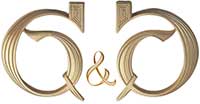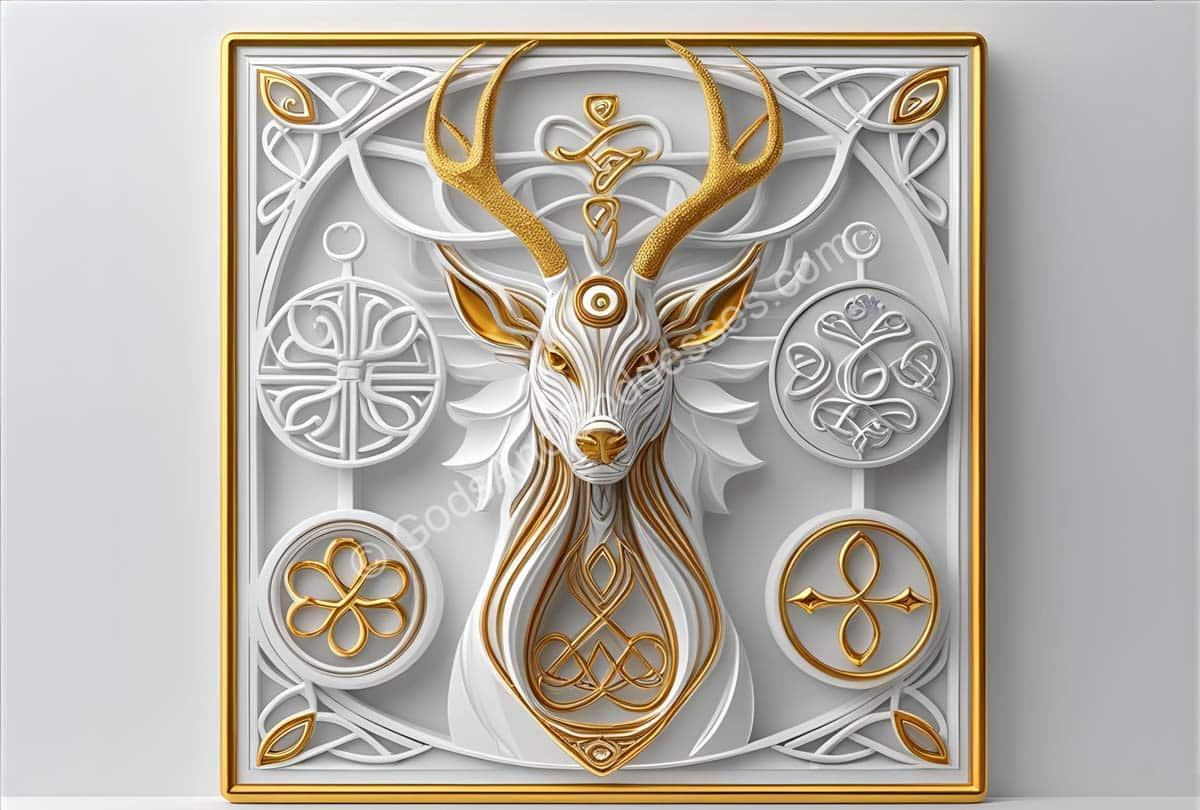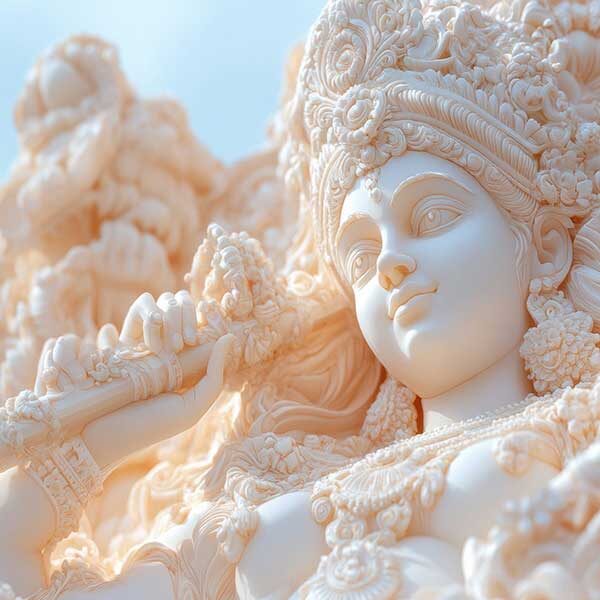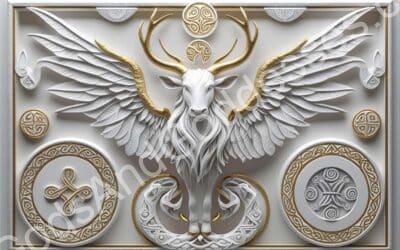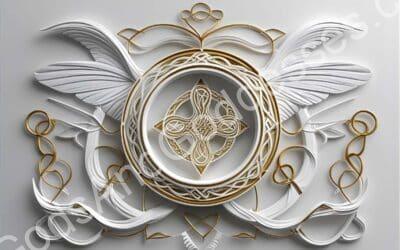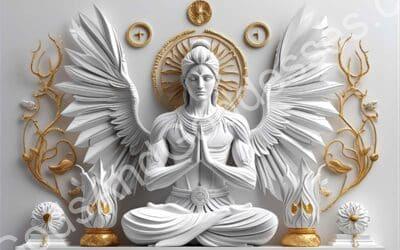Introduction: Why Is Celtic Mythology Important?
Celtic mythology is one of the most enchanting and mysterious bodies of myth in the world; rooted in the traditions of Ireland, Scotland, Wales, and other Celtic regions, these myths weave together gods, goddesses, heroes, druids, and otherworldly beings.
Unlike the neatly codified pantheons of Greek or Roman mythology, Celtic myths come to us in fragments—oral traditions later recorded in medieval manuscripts, folktales, and symbolic rituals. But despite their fragmented nature, Celtic myths continue to matter today. They reveal ancient views of nature, sovereignty, and the sacred feminine, while also offering timeless archetypes and themes that still resonate.
“Celtic mythology is not just history—it is a living bridge between the land, the people, and the unseen world.”
At GodsAndGoddesses.com, we explore Mythology, Gods, and Goddesses.
What Is Celtic Mythology?
Celtic mythology refers to the body of myths, legends, and sacred stories told by the Celtic peoples of ancient Europe. These myths were passed down orally and only later recorded, often by Christian monks. Because of this, the surviving stories often blend pagan belief with later cultural influences.
At its core, Celtic mythology includes:
-
The Tuatha Dé Danann – A divine race of gods and goddesses, including Brigid, Danu, and the Dagda.
-
Heroic Cycles – Tales like the Ulster Cycle and Fenian Cycle, featuring warriors such as Cú Chulainn and Fionn mac Cumhaill.
-
The Otherworld – A mystical realm of eternal youth, beauty, and danger, often entered by crossing water or following a mysterious guide.
-
Mythical Beings and Creatures – From shape-shifting deities like the Morrigan to supernatural animals and fairies.
See also: Celtic Gods: Ancient Deities of Ireland, Scotland, and Beyond and Celtic Goddesses: Ancient Deities of Ireland and Celtic Mythology
Why Celtic Mythology Still Matters
1. A Deep Connection to Nature
The Celts saw rivers, forests, and hills as sacred. Myths often tied deities to natural forces, making the landscape itself alive with spirit.
2. Archetypes That Resonate
Figures like the Morrigan (sovereignty and fate) or Brigid (healing and inspiration) embody universal archetypes that still inspire spirituality, psychology, and art today.
3. Cultural Identity
For modern Celtic nations, mythology helps preserve heritage, offering a link to ancestral beliefs and values.
4. Influence on Modern Storytelling
From fantasy literature (like Tolkien’s elves, inspired by the Tuatha Dé Danann) to popular culture, Celtic myths continue to shape modern imagination.
External resource: World History Encyclopedia – Celtic Mythology
Key Themes in Celtic Mythology
-
Sovereignty and the Land – Many myths focus on kingship being tied to the goddess of the land.
-
Cycles of Life and Death – Stories reflect the endless rhythm of creation, destruction, and renewal.
-
Heroism and Honor – Heroes like Cú Chulainn embody bravery and tragic destiny.
-
The Supernatural Otherworld – A reminder that reality and spirit were always intertwined.
See also: Mythological Themes
Frequently Asked Questions
How old is Celtic mythology?
Its roots go back over 2,000 years, though most surviving texts were written between the 7th–12th centuries CE.
Is Celtic mythology only Irish?
No. It includes Irish, Welsh, Scottish, Manx, Cornish, and Breton traditions, though Irish sources are the most complete.
Why is so much of Celtic mythology fragmented?
Because it was primarily oral tradition and much was lost or altered after the spread of Christianity.
Conclusion
Celtic mythology matters because it keeps alive a worldview where the sacred and natural are inseparable. These myths teach lessons about courage, transformation, and harmony with the earth—truths just as relevant today as they were centuries ago.
Explore more:
“To enter Celtic mythology is to step into a world where every stone, stream, and star carries a story.”
- Odin God Story - August 24, 2025
- The Story of Ra: Egyptian Sun God and Creator - August 24, 2025
- Kraken: Mythological Sea Monster of the Deep - August 24, 2025
